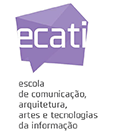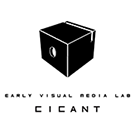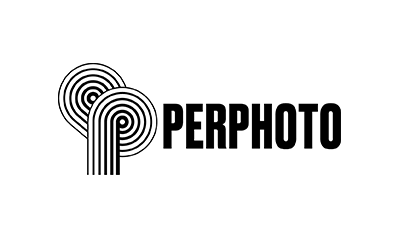Notes on camera obscura: three contemporary artistic perspectives [EN]
Filippo De Tomasi
In the 1970s, some artists created immersive installations using the ancient optical mechanism of camera obscura. Although these authors could be considered pioneers, it was in the 1990s that the camera obscura as installation grew in the artistic production. In fact, in the last decades several artists have included this mechanism in their work, developing projects outside the artistic tradition as an aid for copying the real, developing projects that reshape the way we understand photo-filmic images and the way the spectator interacts with it. Therefore, we will highlight three main perspectives: pieces that utilize the camera obscura as an optical instrument to take images, like in the production of Abelardo Morell; camera obscura as immersive and shared installation as in works of Zoe Leonard; and, an image projection that works in a dialectic play between real and fiction, in the pieces of João Maria Gusmão and Pedro Paiva. According to this trilogy, our communication presents a comparative study that purposes to analyze the features of contemporary operations through a media archaeological approach that reveals elements of the camera obscura history and practice.
Filippo De Tomasi
Filippo De Tomasi, born in 1987 in Vicenza (Italy), currently lives and works in Lisbon, Portugal. He is a Ph.D. Research Fellow in Artistic Studies – Art and Mediations at the Faculty of Social Science and Humanities, NOVA University of Lisbon – FCSH/UNL (Portugal). He graduated in Visual Arts in 2014, with specialization in contemporary art history and photographic theory and practice, from Alma Mater Studiorum – Bologna University. Previously, he collaborated in the production of artistic projects at Galeria Luís Serpa Projectos (Lisbon) and he published some articles in contemporary art magazines, as Artribune and Senza Cornice. Furthermore, he was an assistant professor and he participated in international conferences and woks in curatorial projects.
Organization


Partners





Campo Grande, 376, 1749 - 024 Lisboa | Tel.: 217 515 500 | Fax: 21 757 7006
Copyright © 2021 COFAC. Todos os direitos reservados. Gestão de conteúdos por Producao Multimédia
